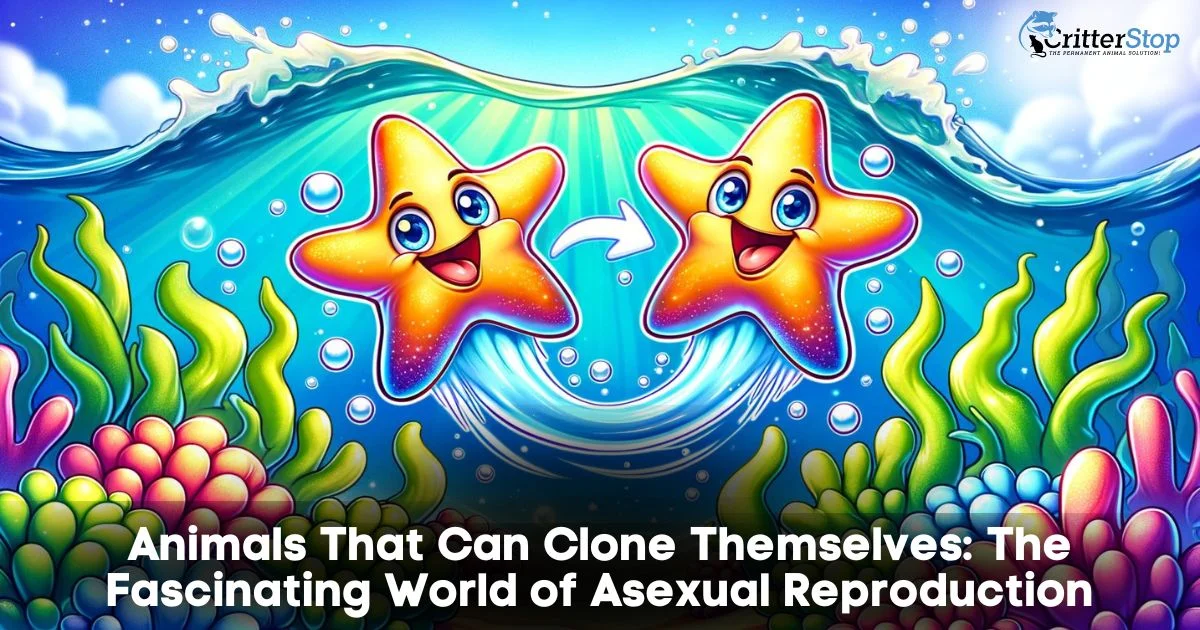
In the vast and varied animal kingdom, the ability to clone oneself is a remarkable feat of nature, primarily observed in certain sea creatures and other unique species. This process, known as asexual reproduction, allows these animals to reproduce without the need for a mate, ensuring their survival in environments where mating partners are scarce. In this comprehensive exploration, we delve into the intriguing world of animals that can clone themselves, shedding light on their biology, behavior, and ecological significance.
Asexual reproduction is a biological process where an organism can reproduce and give rise to offspring without the genetic input of another individual. This mode of reproduction can take various forms, including binary fission, budding, fragmentation, and parthenogenesis. Each method allows these creatures to replicate their genetic material precisely, leading to offspring that are genetically identical to the parent.
Among the most fascinating examples of asexual reproduction are found in the ocean's depths.
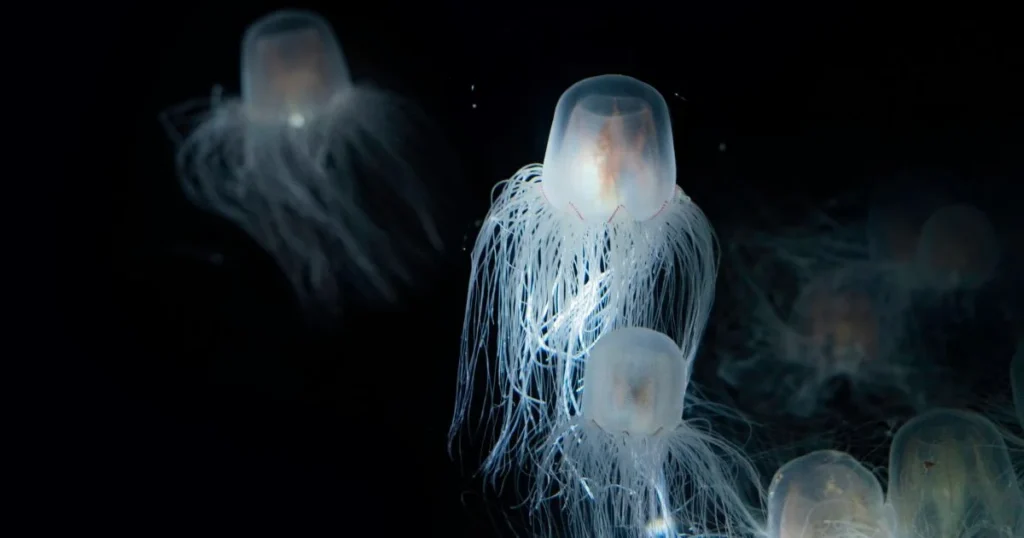
The Turritopsis dohrnii, commonly known as the immortal jellyfish, is perhaps the most renowned cloner. When threatened by physical damage or environmental stress, this small, transparent jellyfish can revert to its polyp stage, effectively resetting its life cycle. This ability not only represents cloning but also offers a form of biological immortality.
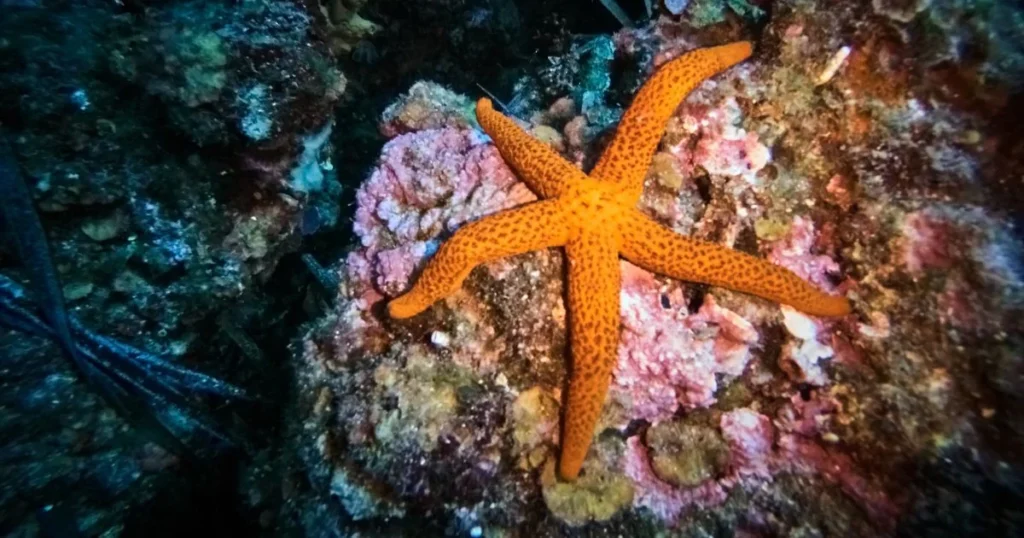
Many species of starfish have the astounding ability to regenerate lost limbs. Some can even regenerate an entire body from a single limb fragment. This regeneration process involves the cloning of cells to restore the starfish's body, making them a prime example of asexual reproduction in echinoderms.
Sea anemones and corals often reproduce through budding or fragmentation. These methods allow them to form expansive clonal colonies, where each individual is genetically identical to the next. This form of reproduction is crucial for the rapid expansion and resilience of coral reefs.
While less common than in marine environments, some terrestrial animals also exhibit the ability to clone themselves.
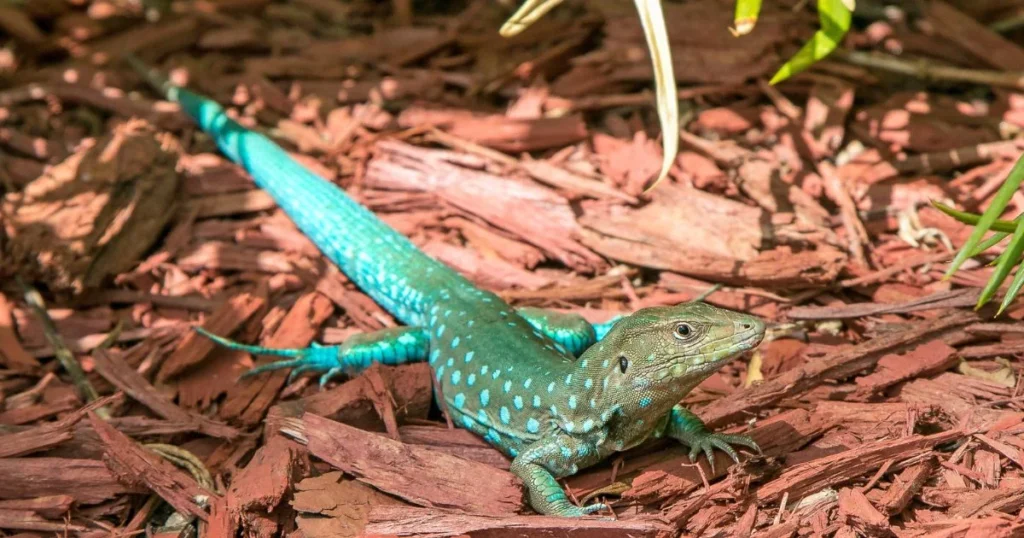
Several species of whiptail lizards, primarily found in North America, are all-female and reproduce through parthenogenesis. These lizards produce eggs that develop without fertilization, leading to offspring that carry the exact genetic makeup of the mother.
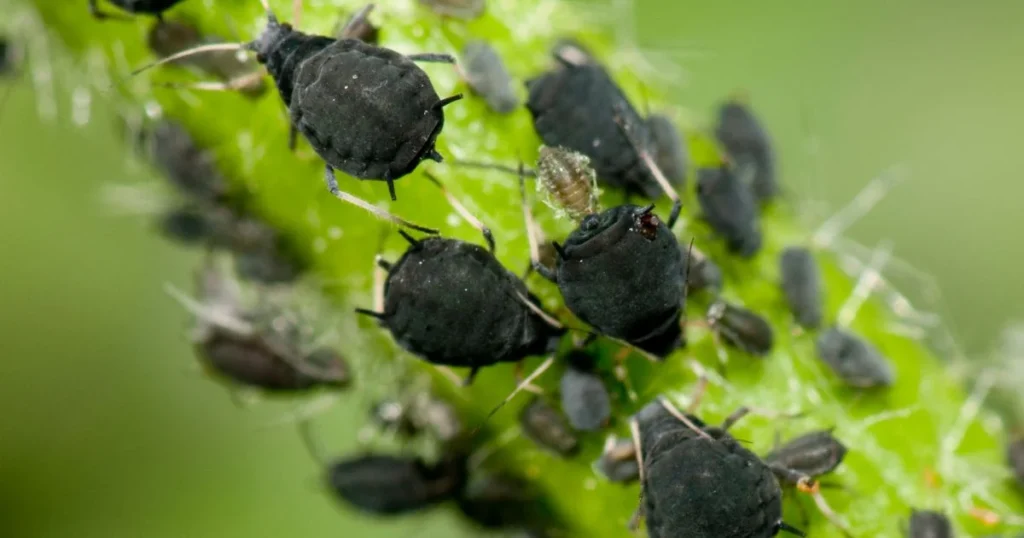
Aphids, small sap-sucking insects, are notorious for their ability to reproduce asexually, particularly during the spring and summer. This rapid reproductive rate allows aphid populations to explode, making them a significant pest in agricultural settings.
The ability to clone oneself has significant ecological implications. For species like the immortal jellyfish and starfish, it provides a mechanism for resilience and survival in fluctuating environments. In contrast, for pests like aphids, it can lead to rapid population growth and the potential for widespread agricultural damage.
The study of what animal can reproduce by itself is not just a curiosity—it has profound implications for conservation and scientific research. Understanding these organisms' reproductive strategies can help in developing conservation strategies for endangered species and in medical research, where the mechanisms of regeneration and cellular replication are of great interest.
One might wonder about the impact of asexual reproduction on genetic diversity. Typically, sexual reproduction introduces genetic variability, which is crucial for the adaptation and evolution of species. However, animals that clone themselves bypass this variability, raising questions about their long-term adaptability and survival. Despite this, these creatures have developed mechanisms to occasionally introduce genetic mutations and variations, ensuring some level of adaptability and resilience against environmental changes.
The study of animals capable of asexual reproduction has significant implications for biotechnology and medicine. For instance, understanding how the immortal jellyfish reverses its life cycle could lead to breakthroughs in aging research and regenerative medicine. Similarly, the study of starfish regeneration can provide insights into cellular repair and the development of therapies for human injuries and diseases.
Studying animals that can clones reproduce presents unique challenges. Since these animals are often identical genetically, distinguishing individual organisms in a population can be difficult. Moreover, the environments where many of these species thrive are often extreme or hard to access, such as deep-sea ecosystems or arid desert landscapes, complicating research efforts.
In their respective ecosystems, clonal animals play roles that are as diverse as their methods of reproduction. For example, coral reefs, formed by the clonal reproduction of corals, provide habitats for a vast array of marine life and protect coastlines from erosion. In terrestrial environments, aphids serve as a vital food source for a variety of predators, despite their pest status, indicating the interconnectedness of ecosystems.
As our understanding of asexual reproduction in animals expands, future research will likely focus on the genetic mechanisms underlying these processes and their applications in various fields. Additionally, conservation efforts may benefit from insights into how asexual reproduction can be leveraged to support the recovery of endangered species or the restoration of damaged ecosystems.
The ability of some animals to clone themselves is a fascinating feature of our natural world, reflecting the complexity and resilience of life. As we continue to explore and understand these creatures, we not only gain insights into their lives but also uncover potential applications that could transform science and medicine. The journey into the world of clonal animals is an ongoing adventure that promises to reveal more about the mysteries of life and evolution. If you want to discover more amazing facts, go to the Critter Stop Blog.
Visit our Critter Library and learn more about our furry friends